NPC expands digital services to more efficiently address needs of the public at the national level
After her suggestions related to new energy vehicles were addressed last year, national legislator Cao Jingfang plans to continue advocating for the people's interests in the automotive sector again this year.
Last year, during the second session of the 14th National People's Congress, China's top legislature, Cao, a National People's Congress deputy from Shandong province, made suggestions on strengthening after-sales services for NEVs.
The deputy, who also works at a power plant in Zouxian county, called for vocational schools to add courses or offer training for NEV maintenance technicians and to establish a public spare parts supply platform.
The reason for the suggestions stemmed from the fact that many NEV owners had told her they had encountered problems in finding skilled technicians and high repair costs.
"I was elected by the people. It's my duty to speak for them and help solve difficulties they face in work and daily life," she said.
However, Cao didn't expect that her suggestions would receive the amount of attention from the NPC Standing Committee that they actually did. It prompted government departments involved in the NEV industry, including the Ministry of Transport and the Ministry of Industry and Information Technology, to increase communication with Cao to learn more about her concerns and take action to address the issues.
As a result, the job category of NEV maintenance technician has been included in China's occupational catalog. The training and selection of outstanding technicians have also been improved, with maintenance skills competitions organized nationwide.
This process for handling suggestions from deputies is set to be standardized in a draft amendment to the Law on Deputies to the National People's Congress and to the Local People's Congresses at Various Levels.
The draft amendment is due to be reviewed by Chinese legislators at the third session of the 14th NPC, which is scheduled to begin on Wednesday in Beijing.
This means that all stages of the suggestions-related process, including making, communication, handling, response and feedback are expected to be formalized in legal terms.
"It will further encourage deputies to fulfill our duties and, more importantly, help effectively solve difficulties raised by the people," Cao said.
Closer connection
Wang Zunyi, a deputy to the people's congress in Xiangyang, Hubei province, is closely following the modification of the law. "This piece of legislation is a yardstick for guaranteeing and overseeing my own performance," he said.
"As deputies, we come from the people and need to serve the people," said Wang, who is also head of Gaozhuang community in Fancheng district.
In the past few weeks, he visited residents to learn more about their needs for elderly care services, and also researched on how to strengthen the district's greening through the utilization of industrial heritage.
"I talked to the people living in my residential area and participated in inspection tours organized by the standing committee of the city's people's congress in other regions," he said. "The face-to-face communications made me more broadly aware of the public's ideas on the issues, so that I could better advocate for them."
For Jiang Yuqin, a deputy to the people's congress in Suzhou, Jiangsu province, mini programs on WeChat and websites have become quicker and more crucial channels for her to connect with the people, listen to their voices and collect their opinions.
Jiang, who is also head of Zoujiajiao community, posted QR codes at the entrances of each apartment building. By scanning the code, residents can access an online platform where they can report any challenges they face in their daily lives.
In addition, residents can share their ideas on repairing and renovating old houses on the platform, which is also an issue Jiang is researching, involving joint participation in the maintenance and management of the community, she said.
"Face-to-face talks and group discussions are more suitable for the elderly or for figuring out complex issues," she said. "Online services are more appropriate for young people who can express their thoughts anytime and anywhere.
"The more varied the ways of communication, the greater the likelihood that people's difficulties will be seen, and this also makes the connection between deputies and the people closer," she added.








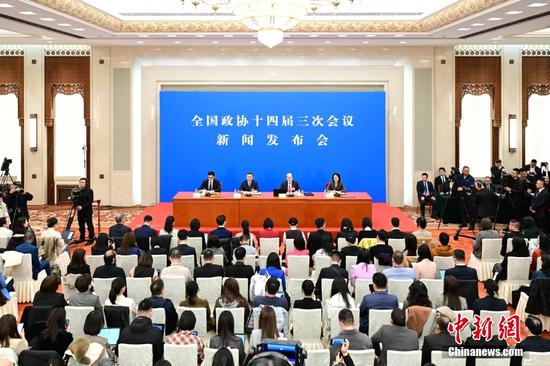



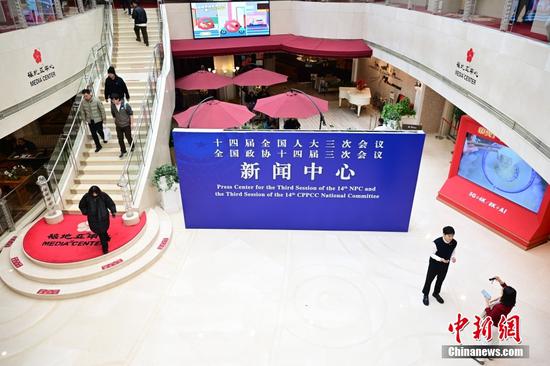






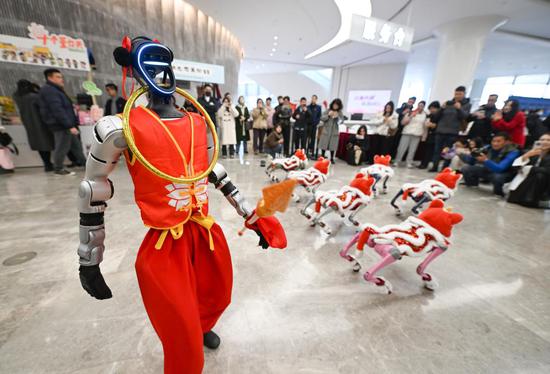

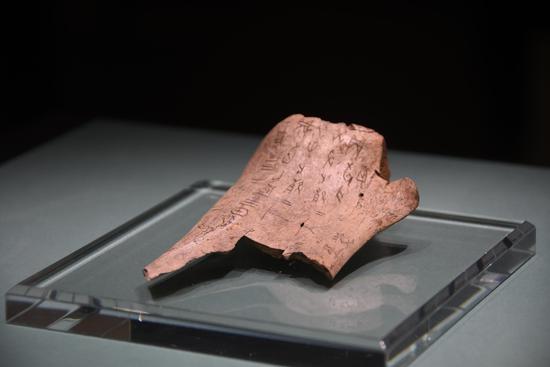








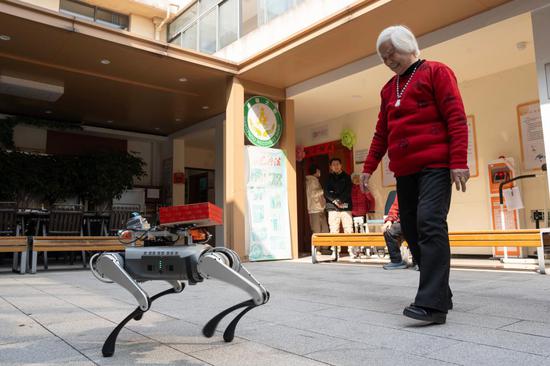



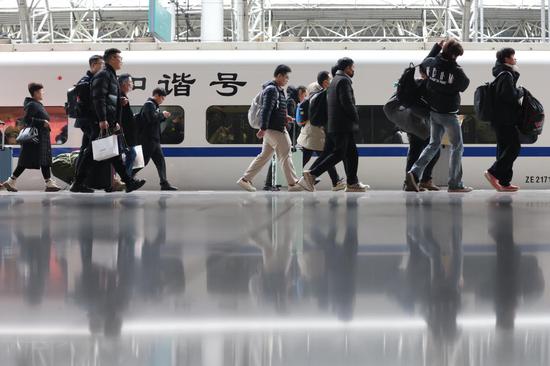





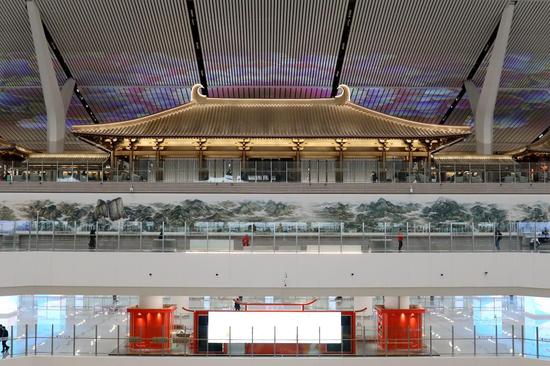

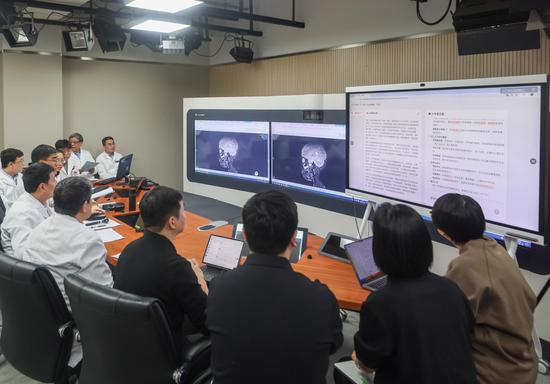
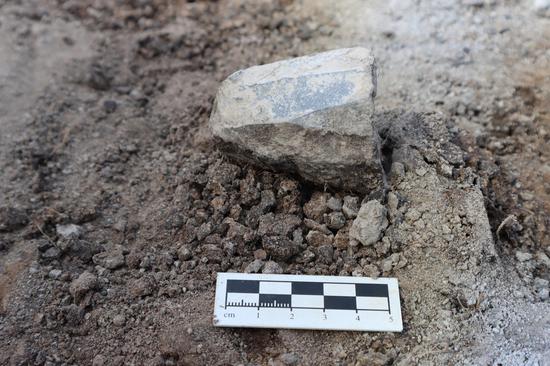


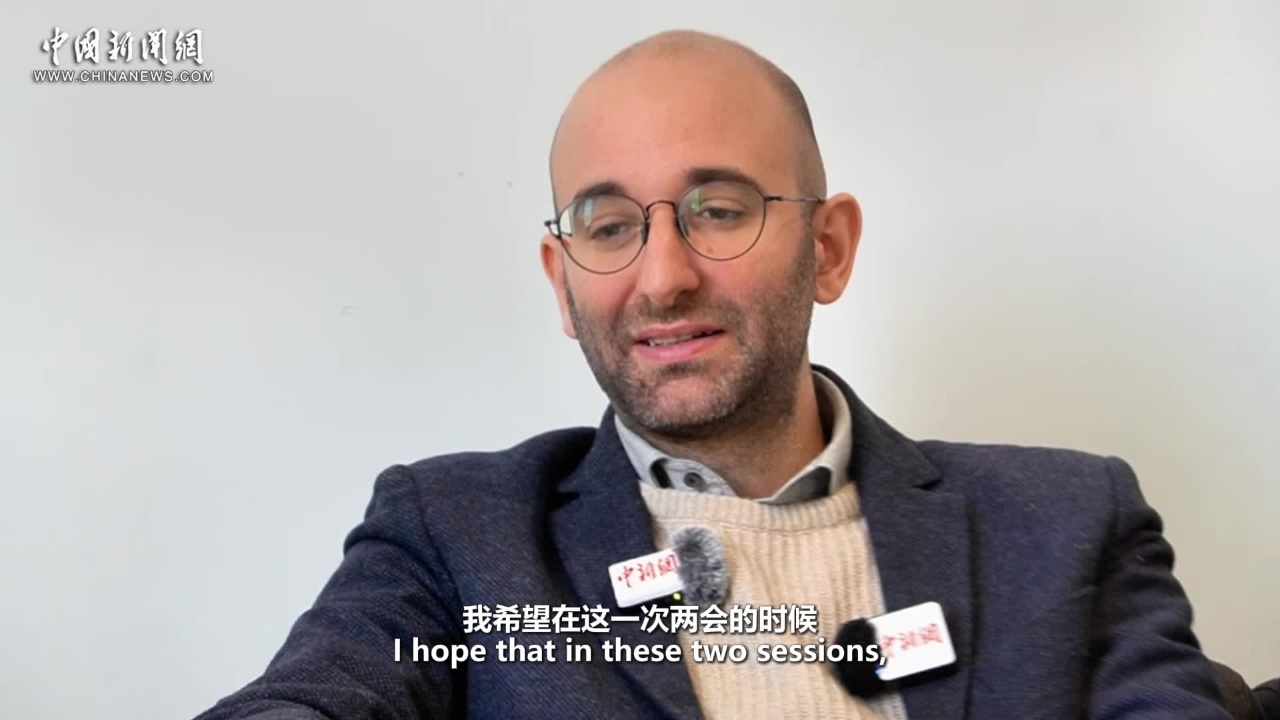



 京公網安備 11010202009201號
京公網安備 11010202009201號